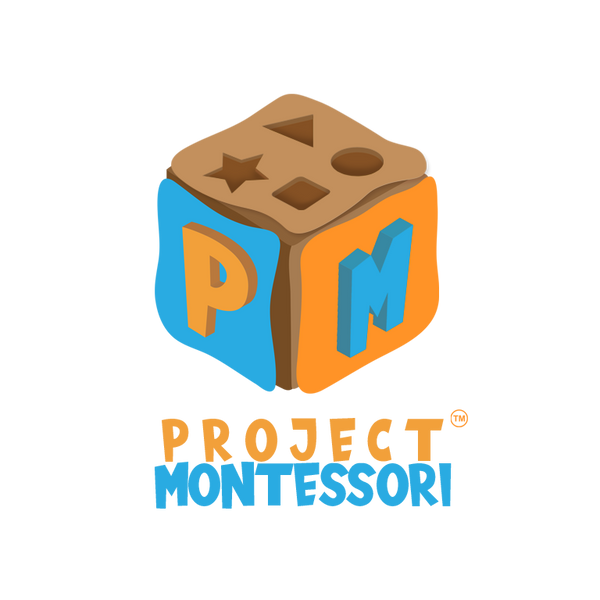Montessori toy
A Montessori toy is designed according to the principles of the Montessori educational method by Dr. Maria Montessori, support the development of a child’s skills through self-directed, hands-on learning and exploration. Here are some adapted features of Montessori toys:
- Diverse Materials: While traditional Montessori toys emphasize natural materials, modern adaptations might include a variety of materials including synthetics. This allows for greater variety and accessibility while still focusing on the sensory experience and functionality.
- Realistic and Purposeful: These toys often represent real-life objects and scenarios to help children understand and interact with the world around them. For example, miniaturized household items like kitchen tools and cleaning equipment are common.
- Educational Value: Each toy is crafted to teach specific skills or concepts such as sorting, counting, or fine motor development. They are designed to encourage problem-solving and critical thinking.
- Simple and Intuitive Design: The design of Montessori toys is typically straightforward, concentrating on one or a few concepts at a time to keep the child focused and not overwhelmed. This encourages deep engagement and skill mastery.
- Self-Correction: Many Montessori toys are self-correcting, allowing children to use them with minimal adult intervention and to recognize and rectify errors independently, fostering self-learning and confidence.
